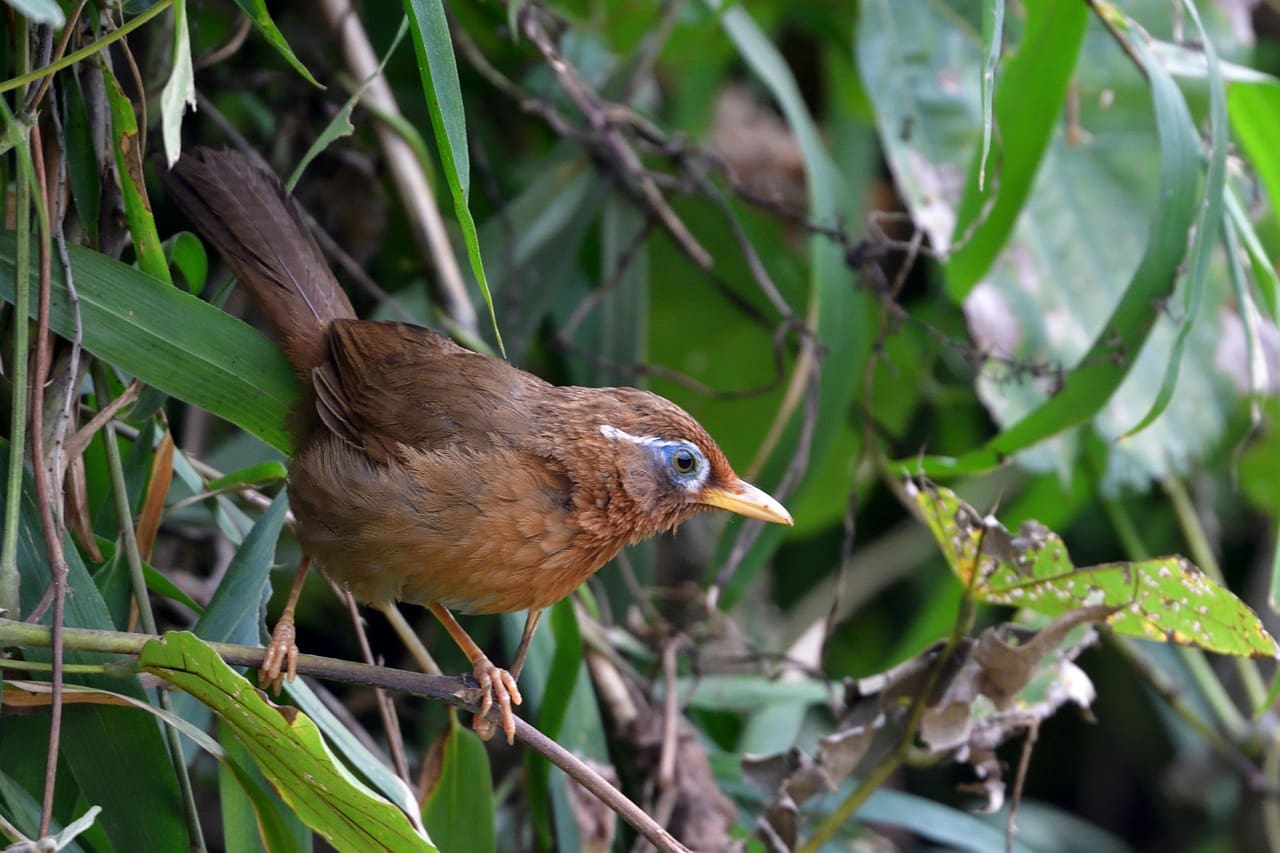In the article “Top Ways To Prevent Alligator Weed From Spreading In Your Community,” you will discover practical and effective methods to tackle the invasive alligator weed that can wreak havoc on local ecosystems. You’ll learn about the importance of early detection, how to properly dispose of plant material, and community efforts that can make a big difference in keeping this aggressive weed at bay. By implementing these strategies, you can protect your local environment and ensure your community remains healthy and vibrant.
Top Ways To Prevent Alligator Weed From Spreading In Your Community
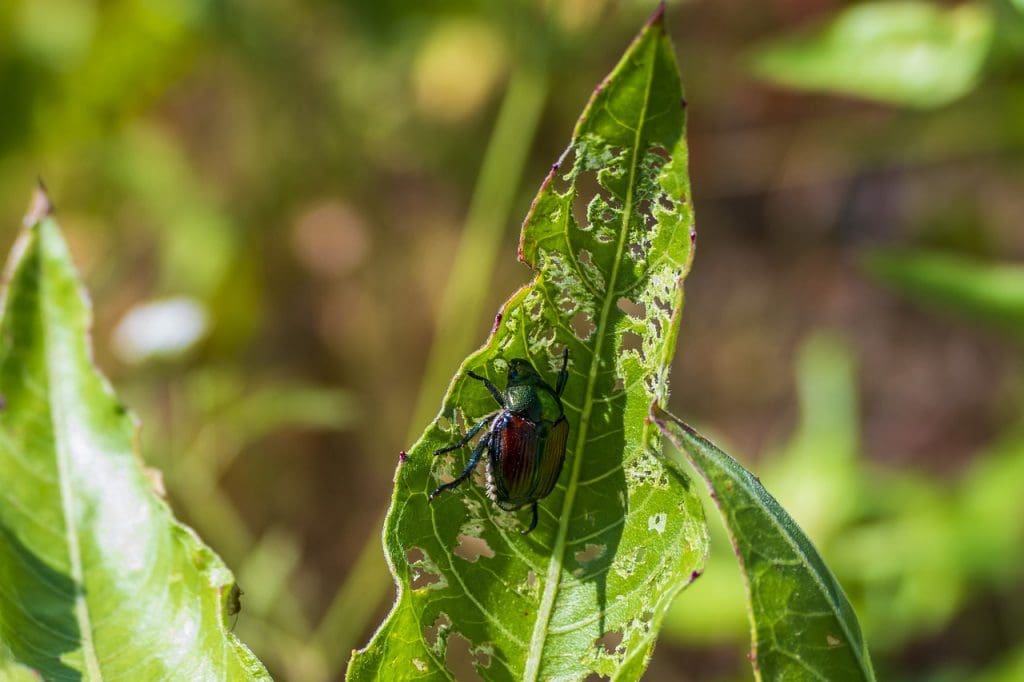
Introduction
Have you ever wondered how you can make a difference in your community by preventing the spread of invasive species? One major culprit you may not be familiar with is alligator weed. This tricky invasive plant can quickly spread and become a nightmare for local ecosystems and water bodies. But don’t worry, we’ve got you covered! In this article, we’re going to dive into the best methods to prevent alligator weed from spreading in your community. Not only will your community benefit, but you’ll also gain some super helpful knowledge along the way. Let’s get started!
What is Alligator Weed?
Characteristics of Alligator Weed
Alligator weed, scientifically known as Alternanthera philoxeroides, is an invasive plant species originally from South America. This perennial herb can thrive in both aquatic and terrestrial environments, making it quite the persistent adversary. It has hollow stems, lance-shaped leaves, and small white flowers that bloom in clusters. It’s crucial to identify this plant early so that you can take the necessary steps to control its spread.
Why is Alligator Weed a Problem?
Alligator weed is a serious problem because it can outcompete native plants, degrade local biodiversity, and disrupt aquatic ecosystems. Additionally, it can obstruct waterways, which can impact navigation, irrigation, and even recreational activities like fishing and swimming. Overall, the unchecked spread of alligator weed can have severe ecological and economic consequences.
Identification and Early Detection
Recognizing Alligator Weed
The first step in preventing alligator weed from spreading is to be able to recognize it. Here’s a quick summary to help you:
| Feature | Description |
|---|---|
| Leaves | Lance-shaped, opposite arrangement |
| Stems | Hollow, can be reddish, floating or sprawling |
| Flowers | Small, white, papery, clustered |
| Roots | Adventitious roots which can anchor in soil |
If you spot these characteristics, it’s time to take action!
The Importance of Early Detection
Early detection is crucial in managing invasive species like alligator weed. The sooner you identify and report its presence, the easier and more cost-effective it will be to control. Regular monitoring of local water bodies, wetlands, and even your own backyard can go a long way in catching this invader early.
Physical Control Methods
Manual Removal
One of the most straightforward methods to control alligator weed is manual removal. This involves physically pulling out the plants, roots and all. Here are some tips to make this process more effective:
- Wear Protective Clothing: Always wear gloves and long sleeves to protect your skin.
- Use Tools: Use garden tools like hoes or shovels for more effective removal.
- Dispose Properly: Place removed plants in sealed plastic bags and dispose of them in the trash. Avoid composting as this can spread the seeds further.
Mechanical Control
Mechanical control involves using machinery to remove or destroy alligator weed. This can include mowing, mulching, or dredging in aquatic environments. While this method can be effective, it’s generally more suitable for larger infestations and may require professional help.
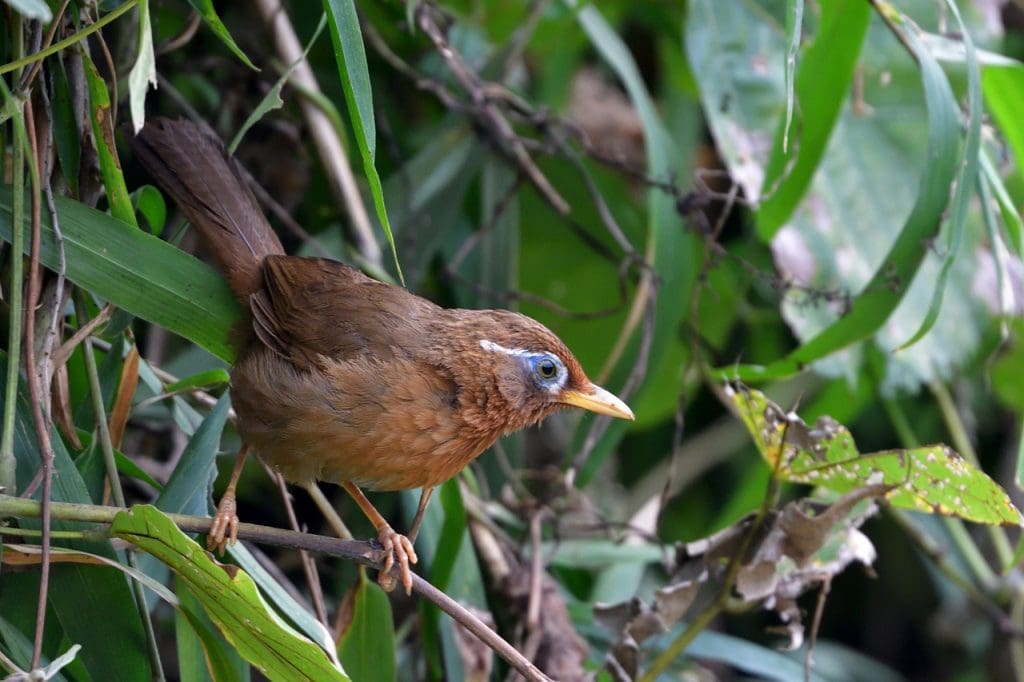
Chemical Control Methods
Herbicides
Chemical control can be effective but should be used cautiously to avoid harming non-target species and the environment. Herbicides specifically labeled for aquatic use are a viable option for controlling alligator weed. Here’s a basic guideline:
| Herbicide Type | Application Method | Notes |
|---|---|---|
| Glyphosate | Spot Treatment | Non-selective, affects all plants |
| Imazapyr | Foliar Spray | Effective in both aquatic and terrestrial settings |
| 2,4-D Amine or Ester | Broadcast Treatment | Selective, less harmful to grasses |
Always read and follow the label instructions closely to ensure safety and effectiveness.
Safety Precautions
Whenever you’re using herbicides, it’s critical to follow safety guidelines. Wear protective gear, avoid application near water sources not targeted, and follow local regulations on pesticide use.
Biological Control Methods
Introduction of Natural Predators
Biological control involves introducing natural predators or pathogens to control the alligator weed population. Some effective biological agents include:
- Alligator Weed Flea Beetle (Agasicles hygrophila): Feeds on the leaves and stems, reducing plant vitality.
- Alligator Weed Stem Borer (Vogtia malloi): Larvae feed on internal tissues, damaging the plant from within.
Pros and Cons
| Pros | Cons |
|---|---|
| Environmentally friendly | May take time to see noticeable effects |
| Potential for long-term control | Requires careful monitoring |
| Can coexist with other control methods | Risk of non-target effects |
Biological control can be an excellent addition to your management strategy but should be carefully planned and monitored.
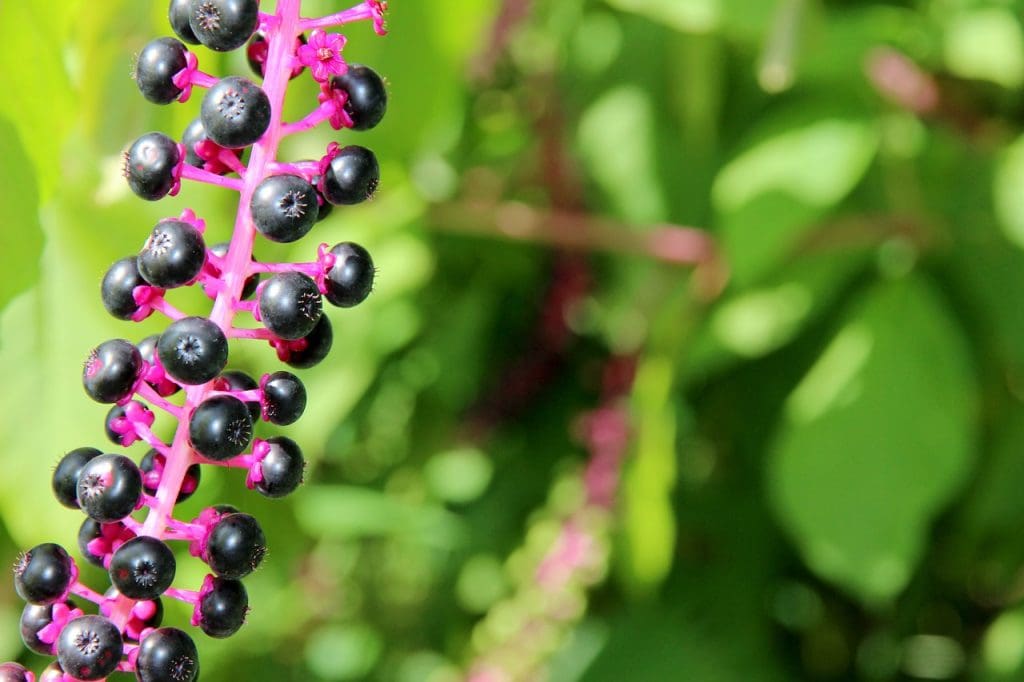
Prevention Strategies
Community Awareness and Education
One of the most powerful tools in preventing the spread of alligator weed is community involvement. Awareness and education can significantly contribute to early detection and control efforts. Organize community workshops, distribute informative materials, or even utilize social media to spread the word. The more people know what to look for, the better!
Implementing Quarantine Measures
If you detect an infestation in a particular area, implement quarantine measures to prevent it from spreading. This can include:
- Signposts: Put up signs warning people about the infestation.
- Barrier Installation: Use barriers like floating booms in water bodies to contain the spread.
- Restricted Access: Limit access to affected areas to avoid unintentional spread.
Regular Monitoring
Regular monitoring of high-risk areas like wetlands, water bodies, and even business sites can help in early detection and swift action. Encourage local authorities or community members to conduct regular surveys and report any sightings immediately.
Restoration Measures
Replanting Native Species
Once alligator weed has been controlled, it’s essential to restore the area with native plants. This can help stabilize the ecosystem and reduce the chances of re-infestation. Choose native species that are well-suited to the local environment and can compete effectively with any residual alligator weed.
Soil and Water Quality Improvement
Improving the quality of soil and water in affected areas can also help in restoration efforts. Test the soil and water for nutrients and contaminants, and take steps to improve these conditions. Healthy soil and water can support robust native plant growth, making it harder for alligator weed to make a comeback.

Legal Aspects and Regulations
Understanding Local Laws
Many regions have specific laws and regulations related to invasive species management. Familiarize yourself with local guidelines on handling and disposing of alligator weed. This can help you avoid legal complications and ensure that you’re acting within the law.
Permits for Chemical Control
In some areas, you may need permits to use certain herbicides, especially near water bodies. Make sure to check with local regulatory bodies before proceeding with chemical control measures. It’s always better to be safe and compliant.
Collaborative Efforts
Partnering with Local Authorities
Building a relationship with local authorities can significantly boost your efforts in controlling alligator weed. Authorities can provide resources, expert advice, and sometimes even funding to support your initiatives.
Involving Community Groups
Local community groups, environmental organizations, and even schools can be great allies. They can assist in monitoring, educational outreach, and even physical control efforts. Collaborative efforts often yield better results and can make the task seem less daunting.
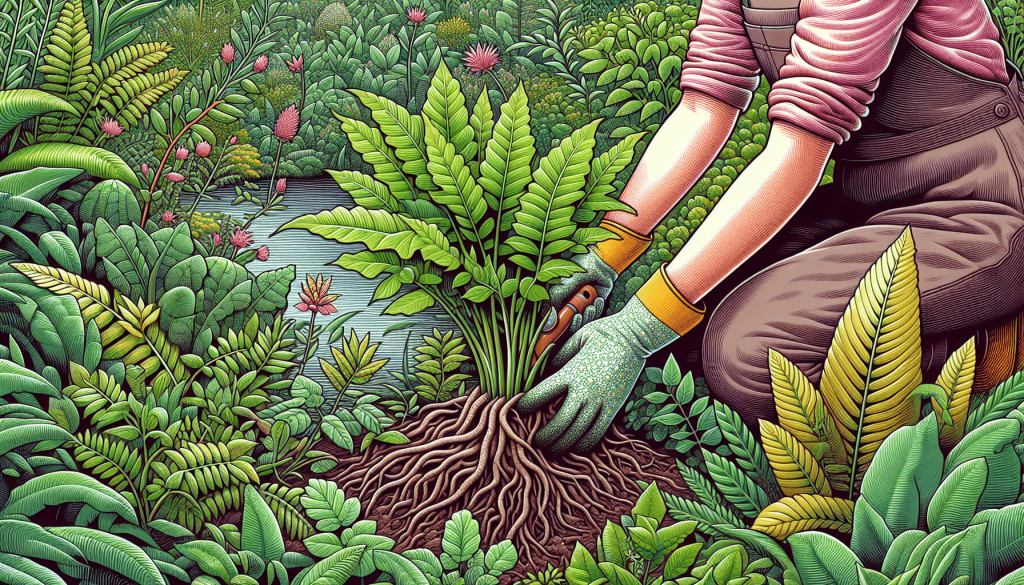
Dealing with Re-infestation
Regular Follow-ups
Preventing re-infestation is just as important as initial control. Schedule regular follow-ups to check previously affected areas for any new growth. Early detection of re-infestation can make control measures simpler and more effective.
Adaptive Management
Sometimes, what worked initially might not be as effective over time. Be ready to adapt your control methods based on the situation. Continuous learning and adapting are key to long-term success in managing alligator weed.
Conclusion
Preventing alligator weed from spreading in your community is a continuous effort that requires awareness, timely action, and collaboration. By recognizing this invasive plant, understanding the various control methods, and actively involving your community, you can make a significant impact on protecting local ecosystems. Remember, every small action counts and contributes to the greater good. So let’s band together to keep our communities free from the scourge of alligator weed!
Let’s make a difference, one plant at a time!
I hope you found this guide helpful. Feel free to share it with your community members so that together, we can achieve a more sustainable and healthy environment for everyone. If you have any more questions or tips on this topic, don’t hesitate to reach out. Happy gardening and invasive species battling!
